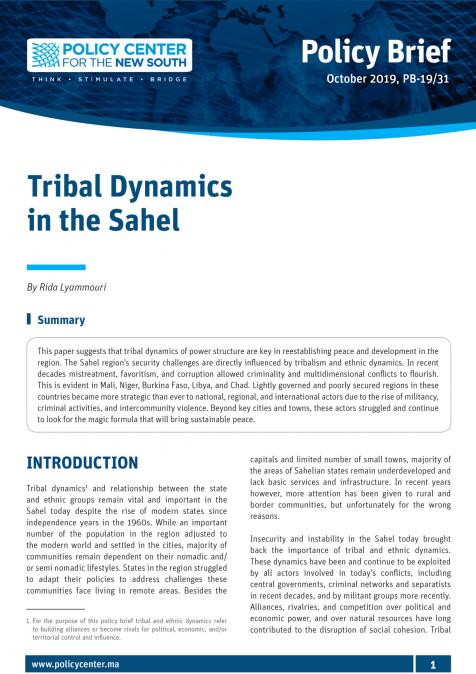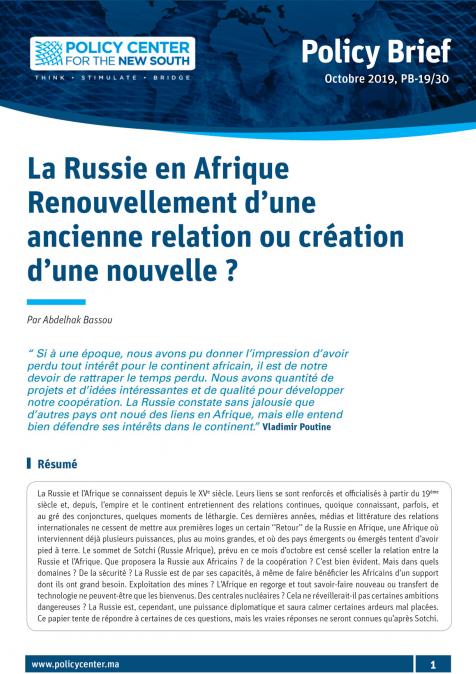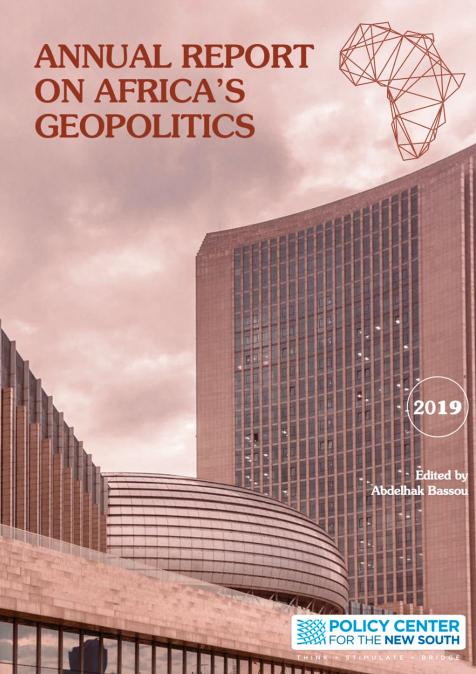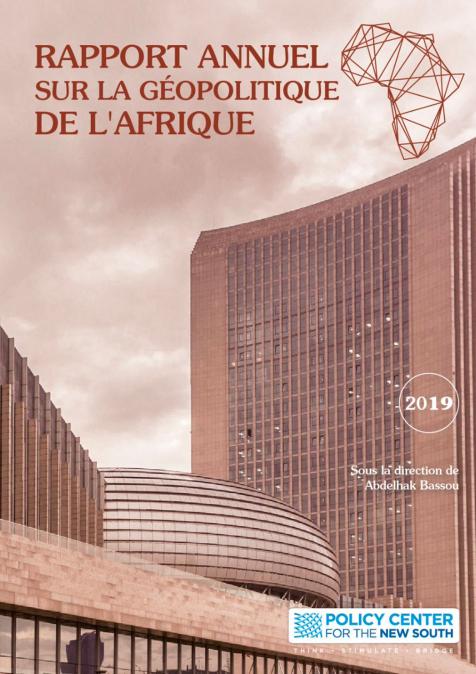Présentation du Rapport annuel sur la Géopolitique de l'Afrique 2020, avec Abdelhak Bassou
Au moment où elle fêtait le passage à 2020, l’Afrique était loin de soupçonner que l’année à laquelle elle faisait ses adieux, aurait le funeste “privilège” de porter dans ses registres d’Etat-civil, la naissance d’un virus qui allait paralyser le monde, dans la première moitié de l’année suivante. C’est sur cette Afrique de l’année pré-Covid-19 que portent les différents papiers du présent Rapport. Les uns, reflétant les espoirs, les ambitions et les projets africains et, les autres, s’attardant sur les craintes et les angoisses du continent. Découvrez le Rapport annuel sur la Géopolitique de l'Afrique 2020 avec Abdelhak Bassou, fellow au Policy Center for the New South https://www.policycenter.ma/publications/rapport-annuel-sur-la-géopolitique-de-lafrique-2020







